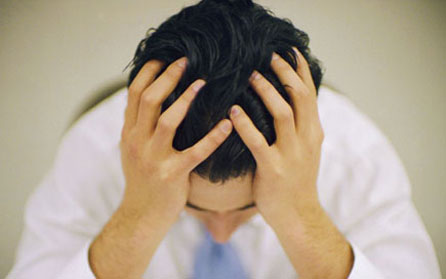
How to Treat Mental Health Conditions
Most people become victims to mental health conditions during their lifetimes, though in different degrees. However, even though poor mental health affects a lot of people, no proper definition has been given to mental health conditions and no methods have been given for their recovery.
Mental health refers to a wide array of disorders and symptoms, such as depression, self-harm, anxiety, violent tendencies, mania and schizophrenia. Mental health conditions can develop at any age and every person’s experience is unique and could last for several weeks or for life.
People who suffer from poor mental health tend to behave, think or feel abnormally. This could confuse them and affect their education, work, overall relationships, and social life. Having mental health conditions could be troublesome for friends, family members, and other people they usually interact with. These mental health conditions normally occur due to various factors, which include relationship breakdowns, deaths, bullying, divorce, abuse, separations or stress due to existing situations. Mental health conditions could occur out of nowhere without any previous indications and could build up as more time goes by.
When people first start to experience these mental health conditions, they might not have the ability to understand what is going on. In some instances, people end up denying that something is wrong or hide important information due to embarrassment, fear or shame of other people’s thoughts and reactions to them. Without a doubt, mental health tends to result from social stigma. However, please do keep in mind that tons of support can be found to help victims recover from their mental health conditions through counselling, medication, treatment and therapy in hospital. Various treatments would be advisable for various kinds of mental illnesses. Most people who have mental health conditions usually recover with the proper support.
Mental health can sap you of your drive, energy, hope and ambition, occasionally making it hard to do regular everyday activities. Even though getting over depression might be a difficult and slow process, it is still possible. Feeling better might take some time, but it can be done as long as you make the right choices everyday and draw on your loved ones’ support.
Every form of mental health conditions can be treated, as long as patients get the right kind of professional care. Among the highly trained and licensed providers of mental health who have tons of experience in studying depression and aiding people in recovering from it, there are psychologists. Sadly, a bit of social stigma is associated with getting help for emotional or mental health conditions from such psychologists since feelings of depression are usually seen as signs of weaknesses instead of signals that something is unbalanced and wrong. People who suffer from mental health conditions and do not look for help end up suffering needlessly. Unexpressed concerns and feelings along with feelings of isolation could make mental health conditions even worse. Getting professional health care on time would be of the utmost essence and is probably the only effective solution when it comes to any mental health conditions.
